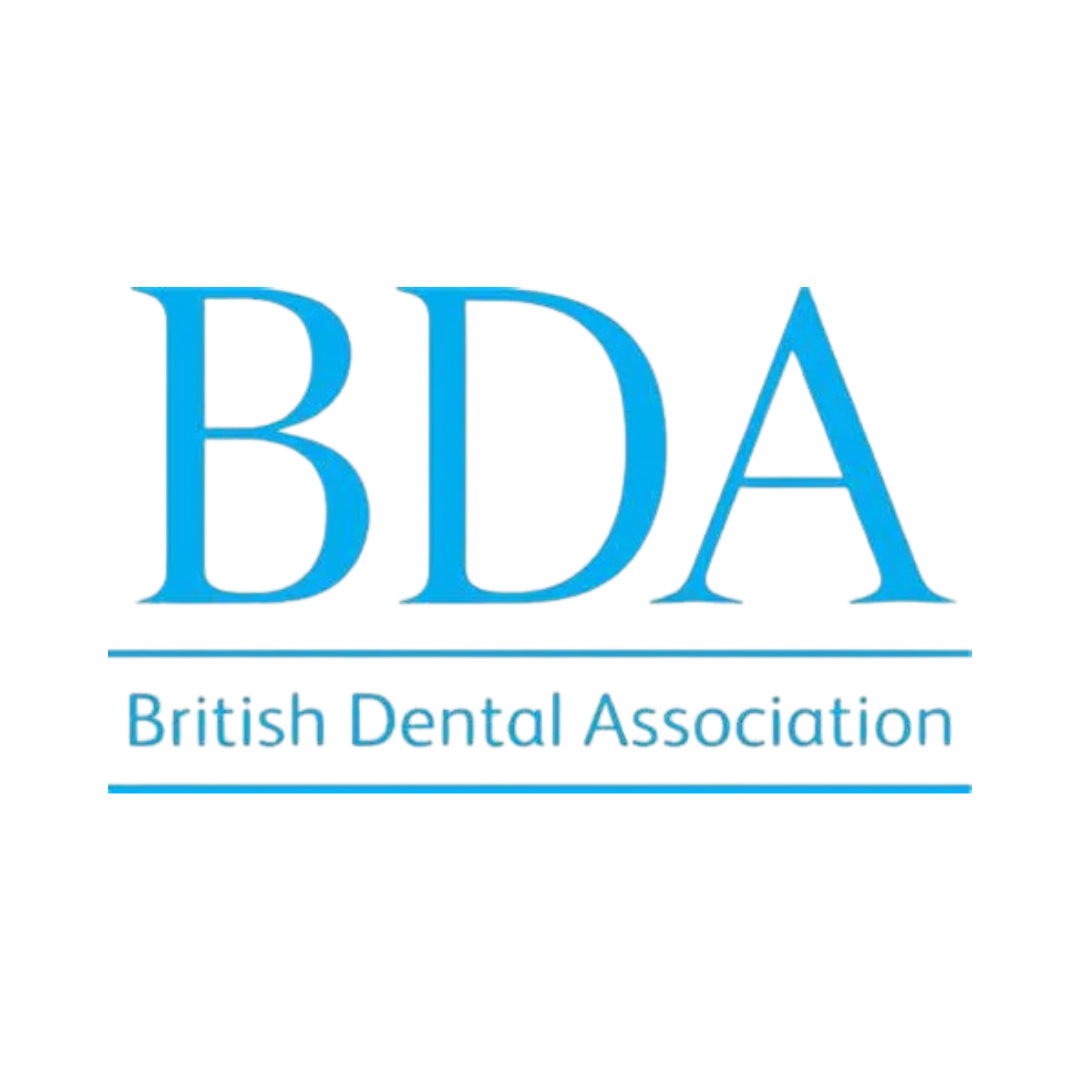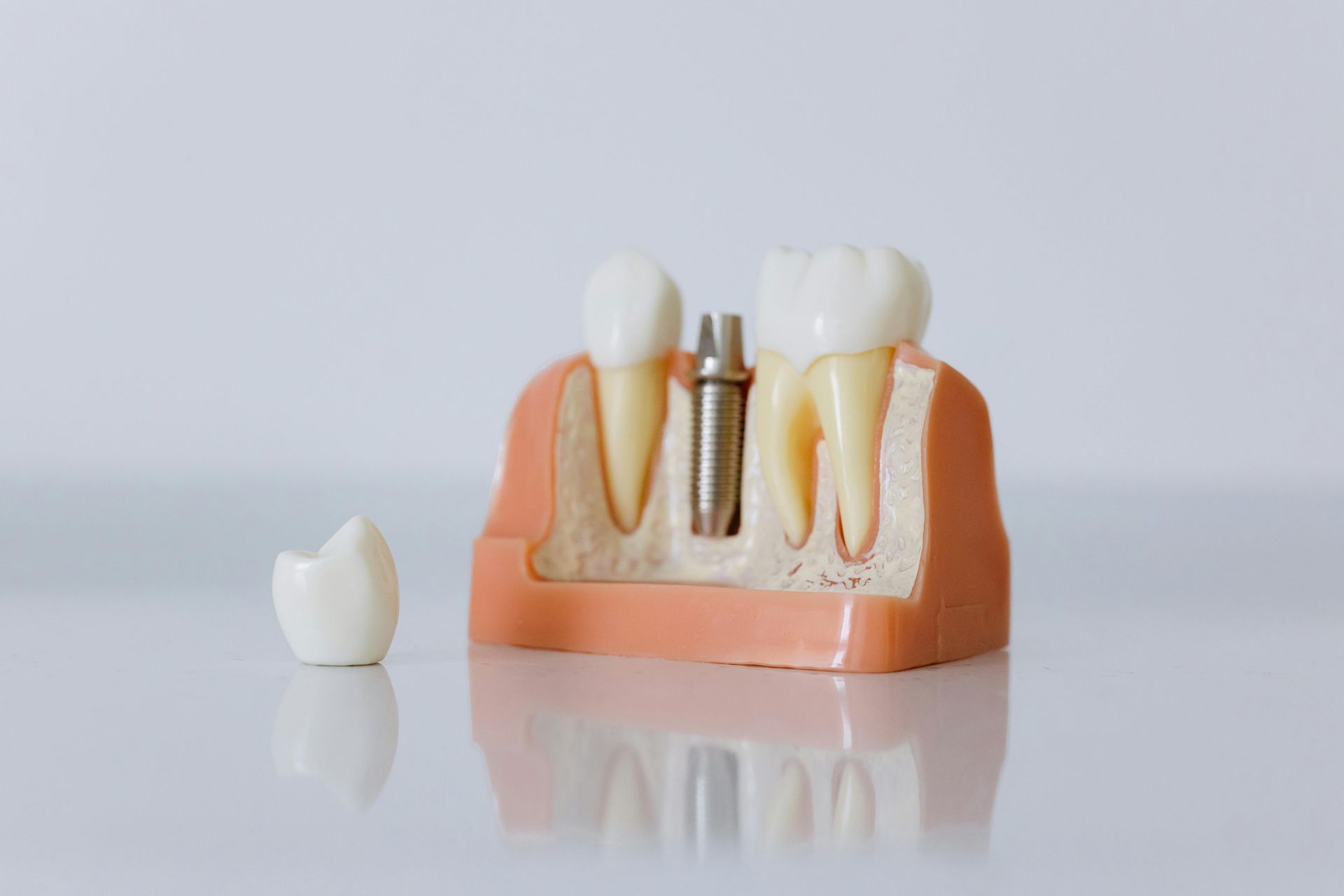
Dental Veneers in London
Want a flawless, radiant smile? Dental veneers in London are thin, custom-made shells that enhance the look of your teeth, covering imperfections.
Dental Veneers in Ealing
Want a flawless, radiant smile? Dental veneers in Ealing are thin, custom-made shells that enhance the look of your teeth, covering imperfections.
What Are the Types of Veneers?
Veneers come in several types, each with unique benefits:
Composite Veneers: A budget-friendly option, often fitted in one visit with minimal tooth preparation.
Porcelain and Ceramic Veneers: Popular for their natural look and durability, lasting up to 25 years with proper care. These take longer to craft but mimic natural teeth perfectly.
Your Ealing dentist will help you choose the best type for a long-lasting, beautiful smile.
Are Dental Veneers Right for Me?
Veneers in Ealing can address various dental concerns, making them suitable if you have:
- Chipped, cracked, or damaged teeth, as veneers restore shape and protect against further issues.
- Stained or discoloured teeth, especially if whitening hasn’t worked for yellow or grey tones.
- Smaller-than-average teeth (microdontia), to create a balanced, confident smile.
Fixing these can boost your self-esteem, letting you smile freely.
Benefits of Veneers
Veneers offer several advantages:
- Minimal enamel removal compared to crowns.
- Natural appearance, feel, and function.
- Strengthens teeth while enhancing looks.
- Simple maintenance with regular oral hygiene.
Your dentist in Ealing ensures veneers blend seamlessly with your smile.
What Are Dental Veneers?
What to Expect During Your Visit
Aftercare & Healthy Habits
What Are Dental Veneers?
Dental veneers are ultra-thin, custom-made shells that cover the front surface of your teeth to improve their shape, colour, or alignment. Designed to look and feel like natural enamel, they’re a popular cosmetic solution for chipped, discoloured, uneven, or worn-down teeth. Your dentist in Ealing may recommend veneers to create a more even, symmetrical smile—whether you need one veneer or a full set.
There are two main types:
- Composite veneers: More affordable and often applied in one visit.
- Porcelain or ceramic veneers: Known for their natural finish and durability, lasting up to 25 years with proper care.
During your initial consultation, your Ealing dentist will discuss your smile goals and help choose the type that’s best for you.
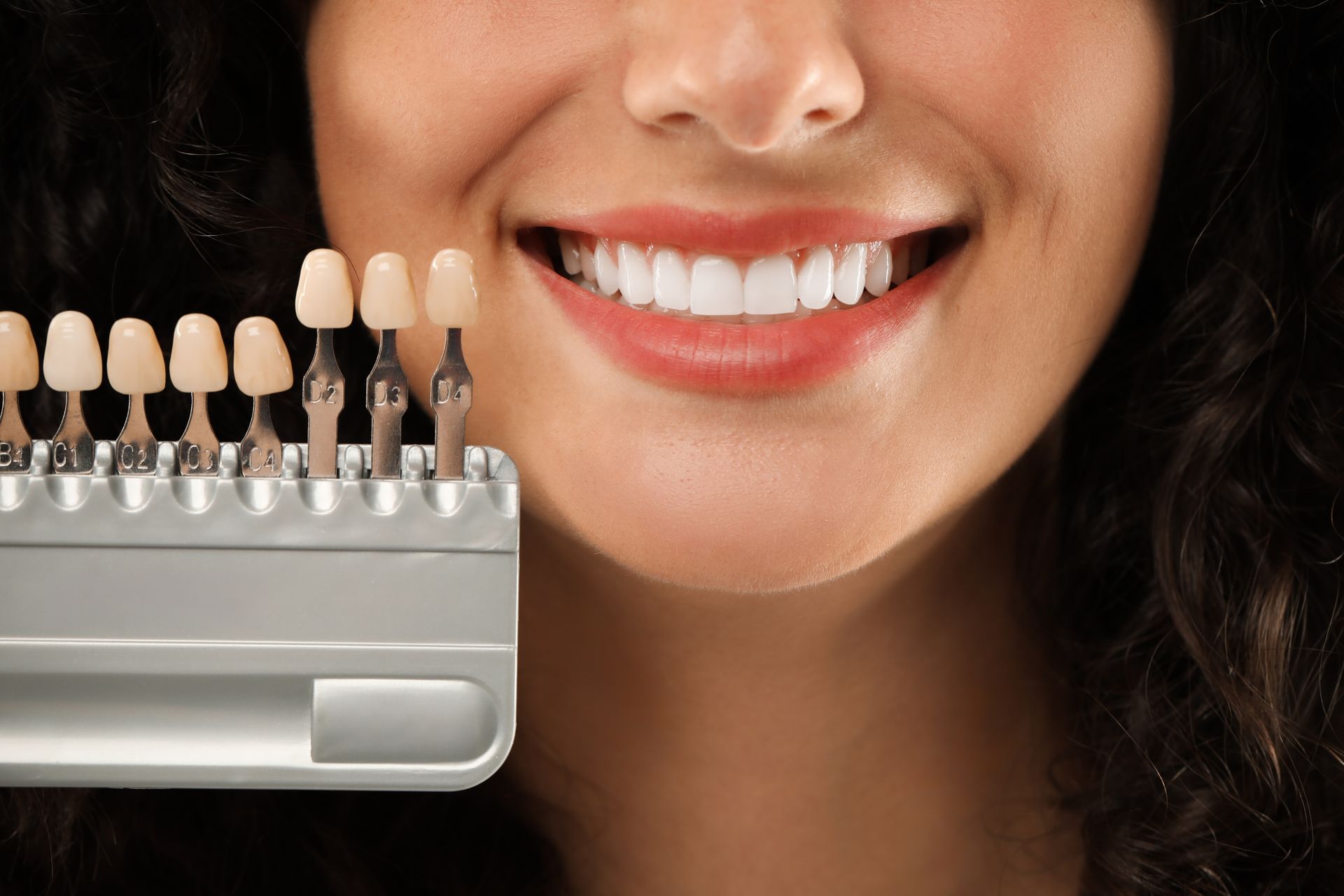
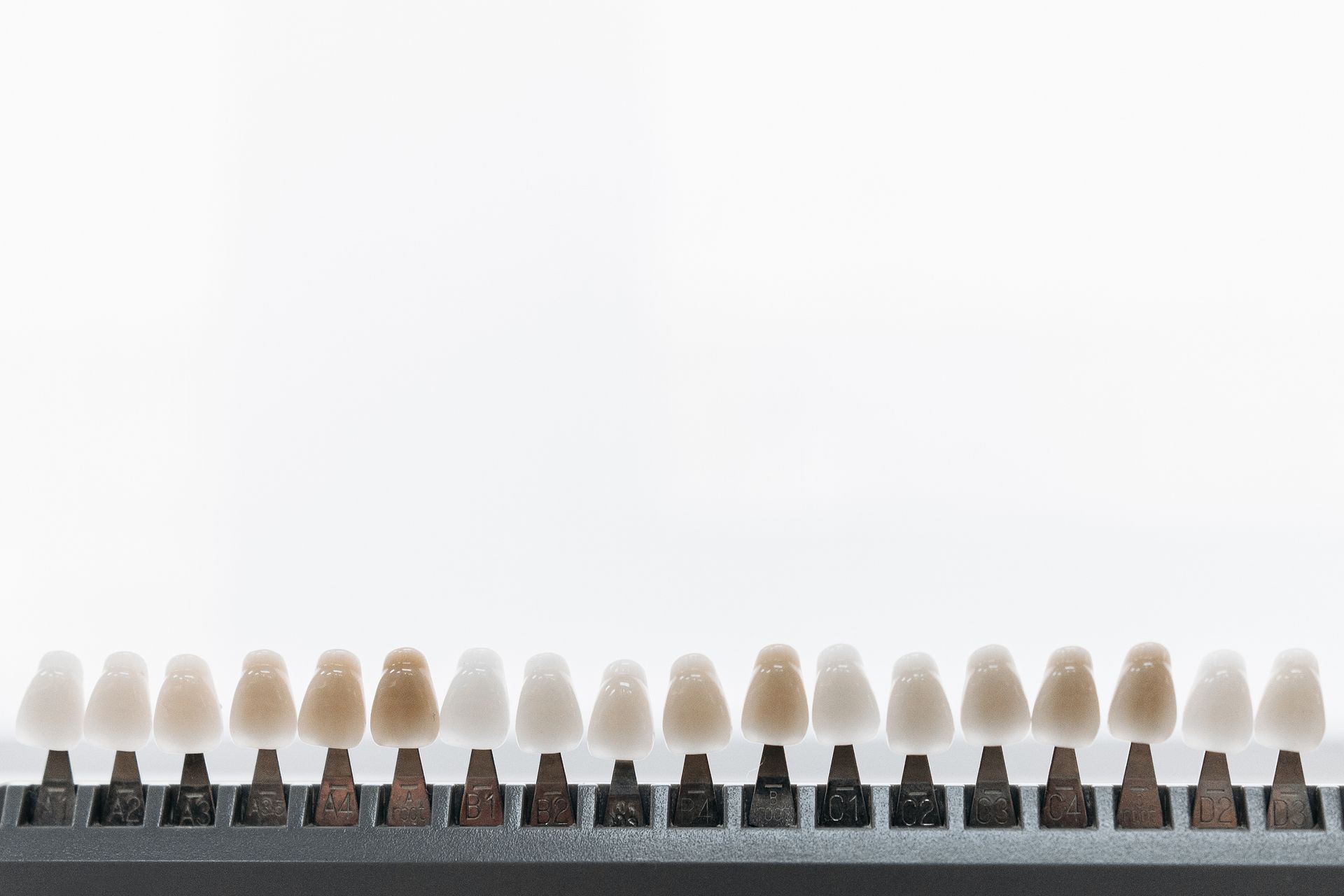
What to Expect During Your Visit
The veneer process typically takes 2–3 appointments at our Ealing dental clinic.
- Visit 1 – Consultation: Your dentist will assess your oral health, take impressions or scans, and talk you through the treatment plan, including materials, shade options, and costs.
- Visit 2 – Preparation & Fitting: A small amount of enamel is removed to ensure a perfect fit. Custom veneers are either created in-house or sent to a dental lab. Temporary veneers may be fitted if needed.
- Visit 3 – Final Placement: The permanent veneers are bonded to your teeth, checked for comfort, and polished to perfection.
Some patients may only need two visits if using composite or same-day veneers.

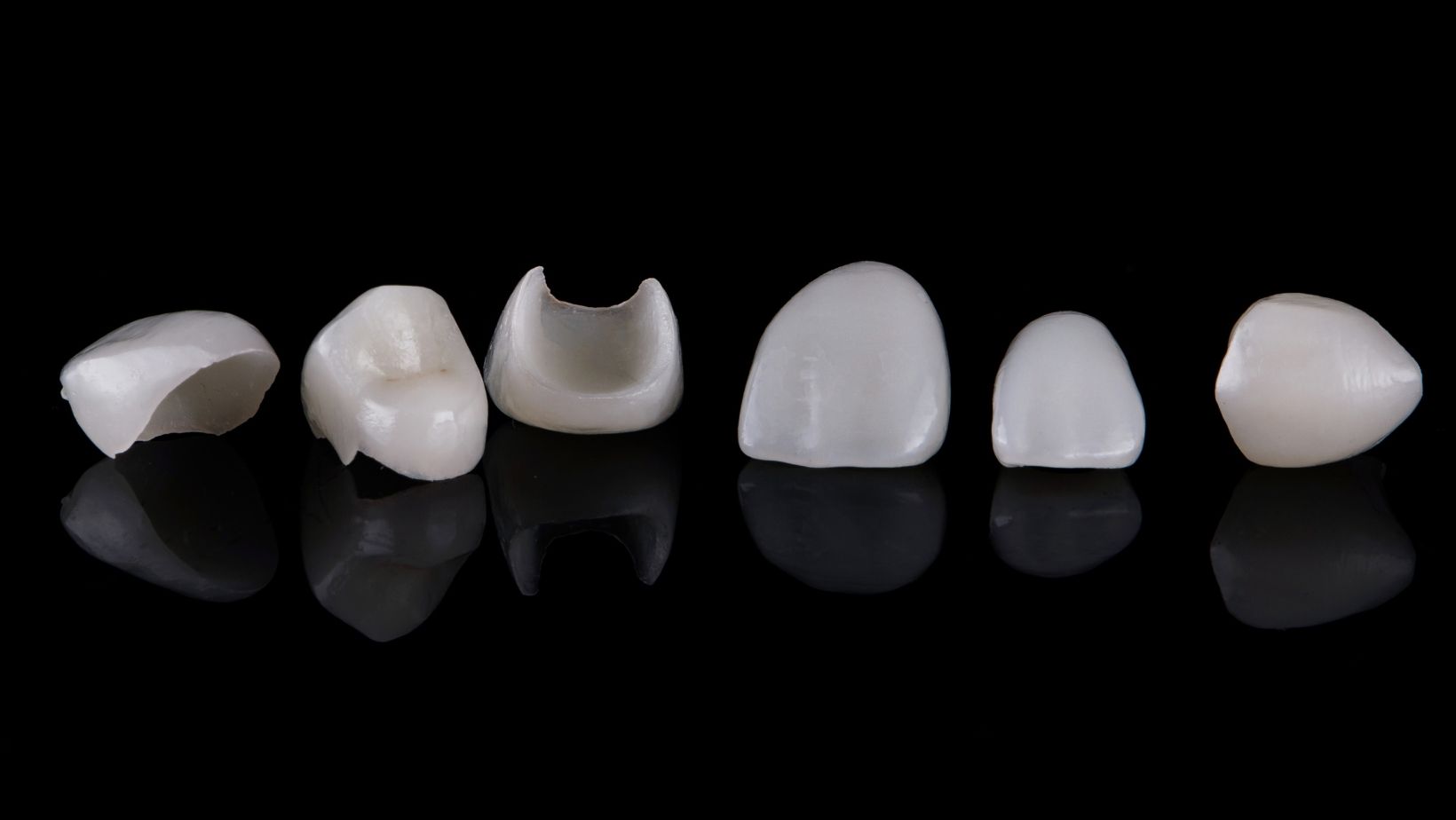
Aftercare & Ongoing Visits
After getting dental veneers in Ealing, care is simple—but important.
- Mild sensitivity is common at first. This typically subsides within a few days.
- Brush and floss twice daily using a non-abrasive toothpaste to avoid scratching the veneers.
- Avoid biting hard items like ice, pens, or fingernails to prevent chipping.
- Attend regular check-ups with your Ealing dentist to monitor your veneers and overall oral health.
A nightguard may be recommended if you grind your teeth at night, which can prolong the lifespan of your veneers.
Call Now & Book your appointment
Simple Booking
Easy online, phone or WhatsApp appointment scheduling.
Friendly Experts
Skilled, caring team focused on your comfort and care.
Modern & Calm
State-of-the-art clinic in a relaxed, welcoming space.
Results That Last
Personalised treatments designed for natural, long-term results.
NEED TO KNOW
Appointments
- Expect 2–3 appointments with a Ealing dentist.
- The consultation (30–60 minutes) assesses your suitability and outlines your treatment plan.
- At the next visit, your veneers are typically fitted.
- Follow-up appointments may be needed to check or adjust the fit.
How Long It Takes
Veneer treatment usually spans 2–3 appointments. With advanced CAD/CAM technology, some Ealing dentists create veneers in-house, speeding up the process. Lab-made veneers may take 2–6 weeks for custom crafting.
You May Be Asked About
- Your dental and medical history.
- Your daily oral care routine.
Before Your Appointment
No special preparation is needed – just bring your smile!
After Your Appointment
Your teeth may feel sensitive to hot or cold for a couple of days. Otherwise, get ready to show off your stunning new smile!
Your Trusted Dentist in Ealing
Book Your Dental Appointment in Ealing Today
Ready for a picture-perfect smile? Our skilled Ealing dentists offer stunning dental veneers in Ealing to transform your teeth. Contact us today to book a consultation with a trusted dentist in Ealing.
FAQs
How long do dental bridges usually last?
With proper oral hygiene and regular professional cleanings, a well-made bridge can last 10–15 years, sometimes longer. Avoiding hard or sticky foods and maintaining healthy adjacent teeth helps ensure longevity.
What types of bridges are available?
Options include:
Traditional bridges (crowns on both abutment teeth with a pontic in between)
Cantilever bridges (secured to one side)
Maryland (resin-bonded) bridges (minimal preparation)
Implant-supported bridges (anchored to implants rather than natural teeth)
The choice depends on oral health, bone support, and aesthetics.
Is the dental bridge procedure painful?
No—local anaesthetic is used during preparation and fitting. Mild sensitivity may occur afterward but usually resolves quickly. If you experience pain later on or a bridge feels loose, contact an emergency dentist in Ealing for advice and care.
What are the risks or complications?
Potential issues include decay under crowns, gum inflammation, damage to supporting teeth, or bridge looseness over time. Ill-fitting bridges may irritate gum tissue or harbor plaque. Regular check-ups help catch these early.
How do I care for a bridge at home?
Brush twice daily and floss daily using floss threaders or interdental brushes to clean under the pontic. Avoid hard foods, chew carefully, and keep up with six-monthly visits with your dentist in Ealing to assess both your bridge and natural teeth.
Can dental bridges be replaced if they fail?
Yes—most bridges can be replaced if the supporting teeth are healthy. If decay or damage occurs, your dentist can remove the old bridge and fit a new one. Sometimes implants are suggested as a longer-term alternative.


